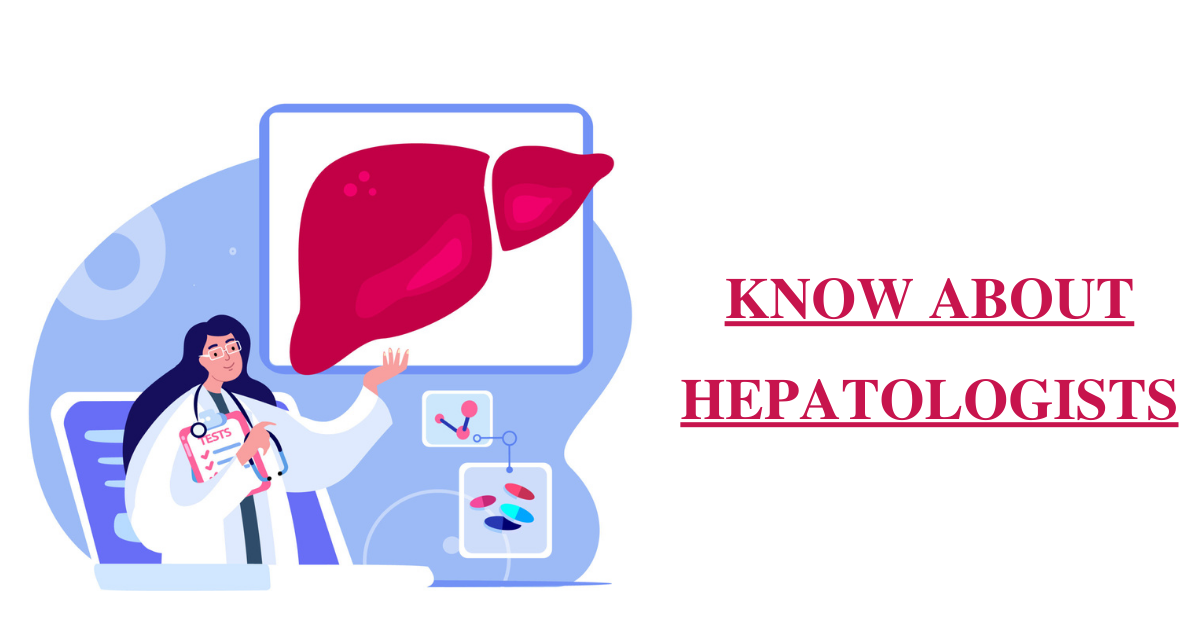Hepatology is the study of liver diseases. The word comes from Greek roots meaning “liver disease”. Hepatologists are doctors who specialize in treating liver conditions. They are also known as hepatopathologists or hepatocellular pathologists.
Hepatologists treat patients with liver problems such as hepatitis, cirrhosis, and liver cancer. In addition to diagnosing these conditions, they also perform surgeries and prescribe medications to improve patient outcomes.
Hepatologists are physicians who diagnose and treat liver disorders. They also conduct research on liver diseases and write articles for medical journals.
Why Do We Need Hepatologists?
- Hepatologists are medical professionals who specialize in the diagnosis, treatment, and prevention of liver diseases. They are trained to diagnose liver diseases by examining the patient's history, symptoms, and blood tests. They also perform biopsies on the liver to determine the cause of a disease.
- Hepatologists treat patients with liver problems such as hepatitis, cirrhosis, and liver cancer. In addition to diagnosing these conditions, they also perform surgeries and prescribe medications to improve patient outcomes.
- With a growing population and increased awareness about health-related issues like obesity and fatty diets, there is an increasing demand for hepatologists in India as well as abroad.
Difference between gastroenterology and Hepatologists
Gastroenterology is the branch of medicine that deals with diseases of the digestive system. Hepatologists specialize in liver disease.
Let’s see the difference between these two specialties;
- Gastroenterologist: A doctor who specializes in the diagnosis and treatment of diseases that affect the gastrointestinal tract (stomach, intestines, liver).
- Gastroenterologists are often called upon to diagnose and treat conditions like Crohn's disease, ulcerative colitis, celiac disease, irritable bowel syndrome, and other digestive disorders.
- Hepatologist: A physician who specializes in the study and treatment of diseases affecting the liver. Hepatologists may specialize in treating liver cancer, hepatitis, cirrhosis, and other liver-related illnesses.
Diagnostic Tests for liver diseases
Liver disease is a major health concern worldwide. The number of patients suffering from chronic liver disease has increased dramatically over the last decade. This is due to the increasing prevalence of obesity, diabetes, alcohol consumption, and other lifestyle factors.
In addition to being a vital organ involved in metabolism, detoxification, and immunity, the liver also plays a key role in maintaining blood sugar levels. If the liver becomes damaged or diseased, it can cause serious complications such as cirrhosis, cancer, and even death. Reach out to the top hepatologist in Coimbatore
There are several diagnostic tests that can detect liver damage. These include ultrasound, computed tomography (CT), magnetic resonance imaging (MRI), and biopsy. Ultrasound is the least invasive test and is usually performed during pregnancy.
CT scans and MRIs are more accurate and provide detailed images of the liver. Biopsies are the gold standard and are considered the only way to diagnose certain types of liver disease.
1. Liver Function Test (LFT)
The LFT tests are used to determine whether your liver is functioning properly. These tests can help diagnose many different types of liver disease. They include measuring levels of enzymes that are released into the blood stream when the liver is damaged.
2. Serum Ammonia
Serum ammonia is a waste product produced by the body when it breaks down protein. High levels of serum ammonia may indicate liver damage. A test called a “serum ammonia level” measures the amount of ammonia present in the blood.
3. Total Bilirubin
Total bilirubin is a yellowish pigment produced by the breakdown of red blood cells. When the liver is working well, the bile ducts release bilirubin into the bloodstream. If the liver isn't producing enough bile, then the liver has to work harder to break down other substances, like hemoglobin, into bilirubin. This extra workload causes the liver to produce more bilirubin.
Treatments for liver diseases
There are various treatments for liver diseases. These include medications, surgery, and lifestyle changes. Medications are usually prescribed after diagnosis. Surgery is performed only in severe cases. Lifestyle changes are recommended for everyone.
A liver transplant is a surgical procedure where a healthy donor's liver is transplanted into a patient who has a damaged or diseased liver. A liver transplant may be necessary if the patient's liver cannot function properly or if they have developed cirrhosis.
Further treatments and procedures in liver problems should be discussed with the top liver transplant doctors in Coimbatore.
In conclusion, hepatologists are vital members of the healthcare team because they provide the best care possible for patients with liver issues.

Comments
Post a Comment